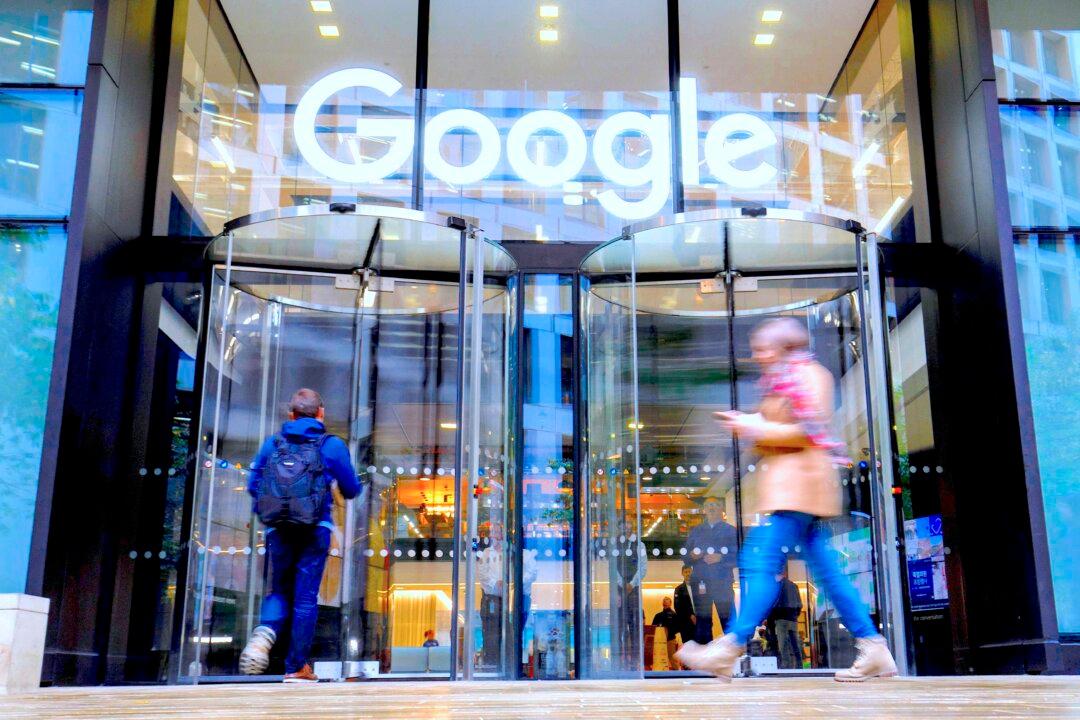Google has buried links and search results from Australian news publishers under the guise of an experiment with its ranking algorithm.
The revelations come amid a high-profile dispute between the tech giant and Australian government over an impending law that will compel the company to pay news publishers for content.





